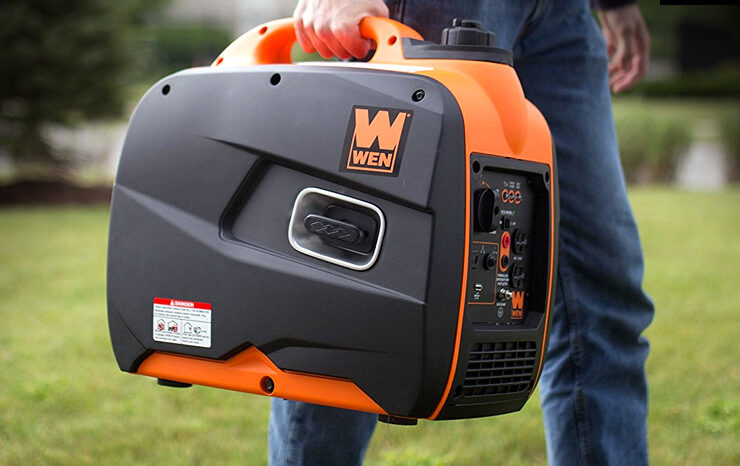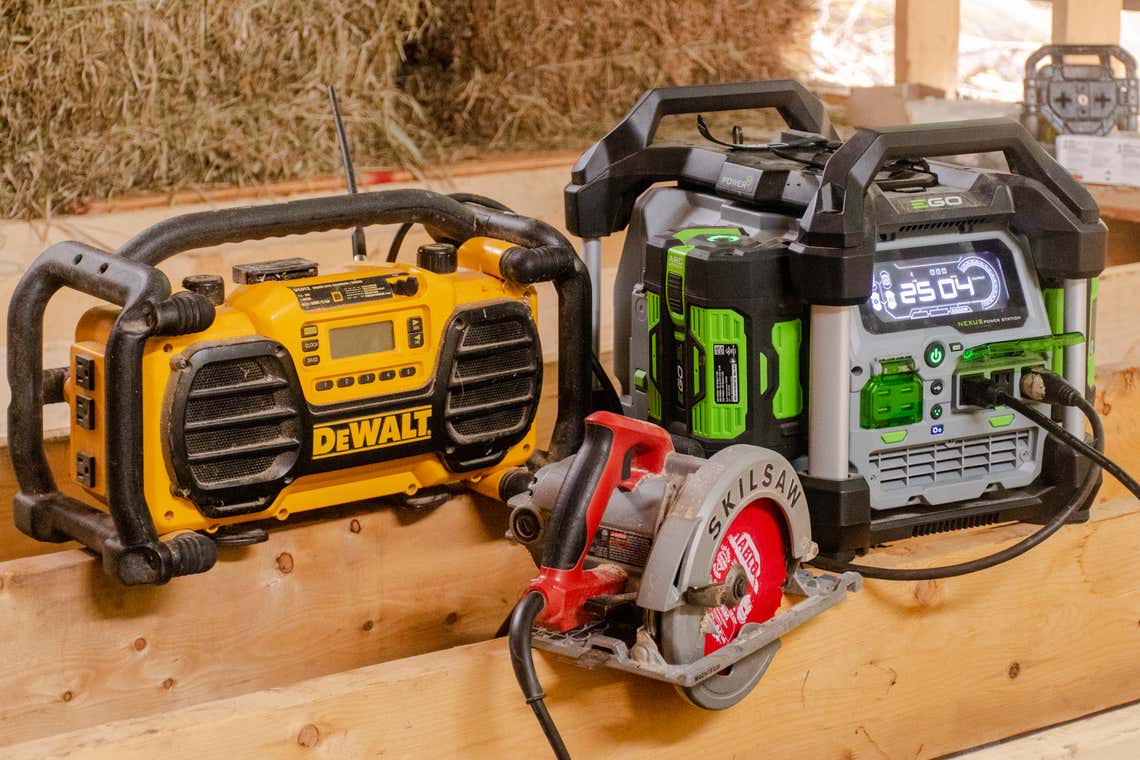Wondering if a 3000-watt generator is useful and practical? Well, let me tell you, it definitely is, especially if there’s a power outage, which is very common nowadays. These gems are a MUST when you think about boosting your home energy appliances while having a power outage. They are also a great option if you want to light up and/or use energy in a secluded or outdoor space for a special activity.
The main course of this article is to help you know the basics of how to run a generator that can be used for multiple reasons and avoid damage that can be translated into high costs. Having a small guide that can get you through the way on making the best out of it will be very helpful for you to make the best decision on how to use a generator.
You don’t have to be tech-savvy or an electrical engineer, but you do want to have the most outstanding experience when considering the use of one.
Difference Between Starting and Running Watts
 This is the number one rule for running a 3000-watt generator. As you might already know, electrical outputs are measured by watts. Most of the home appliances, such as televisions, computers, coffee makers, dishwashers, etc., use electricity to run. Each appliance requires some wattage consumption (which you can find in the user manual of each appliance).
This is the number one rule for running a 3000-watt generator. As you might already know, electrical outputs are measured by watts. Most of the home appliances, such as televisions, computers, coffee makers, dishwashers, etc., use electricity to run. Each appliance requires some wattage consumption (which you can find in the user manual of each appliance).
Some run continuously, like lightbulbs, but some appliances need extra power to start because they use motors. For example, refrigerators need a starting wattage between 800-1200 watt-hours/day and a running wattage of around 150-watt hours per day. This is because they require additional power to start but fewer watts to run. Once you understand the watt quantity that your appliances need, it will be easier to calculate the usage of a generator. Always consider the appliances that need extra watt usage to start up before you power everything up, so you don’t exceed the generator capacity.
Every generator comes with its own manual, and you will learn that they all bring an extra wattage capacity for starting watts. So, the first recommendation is to make a list of all the appliances you wish to run with the generator. Then calculate the number of watts you need for it to run properly and avoid damage and high costs.
Ideal Usage of a 3000-Watt Generator
Although you can run the 3000 watts of your generator simultaneously, it’s better to be cautious in case something will need an extra boost while it’s powered up. You don’t want to take the risk of damaging anything. The ideal, and this is a suggestion, is to run your generator at 90% of its capacity. Why? So that you can have a pretty good margin in case you miscalculated your appliance’s capacity to run altogether.
For example, you could do pretty good at powering up a light bulb for reading a book, but on the other hand, if you want to bake something in your oven, you won’t have extra watt capacity for powering more appliances. Ovens usually have a range of 2000-5000 running watts, so you might not even put them to work together with any other appliance.
 Are 3000-Watt Generators Good in Case of Emergency?
Are 3000-Watt Generators Good in Case of Emergency?
The 3000-watt generators are an excellent option for emergency backup electricity, as they can supply power to run several medium-sized household appliances at the same time. As mentioned before, it is important to understand the watts that each appliance needs to function correctly and avoid overloading the generator capacity.
An average home needs 5000 to 7000 watts to power essential items. So, take this into consideration for the kind of usage you want to give to the generator. Remember, a 3000-watt generator will be able to run the essential household appliances, but it won’t be able to run everything in your home.
Frequently Asked Questions
1. Is the 3000-watt generator noisy?
Most of the generators are noisy. So, if you are thinking about using them for a quiet camping day, to watch TV, or project something onto a screen, the probabilities of the noise interruption are high enough to make your plans fail. Although, you might want to take a look at some technology silent generators that are in the market that can be helpful for lowering the noise.
2. What are the pros and cons of a 3000-watt generator?
Pros
- Cost-effective, meaning that they are less expensive than a permanent generator.
- Perfect for emergency backup situations on power outages and will help you run some household essential appliances.
- Small and easy to transport to any location.
- A great option for outdoor activities, such as camping or industrial outdoor activities
Cons
- It has limited use. You won’t be able to power an entire household.
- Noisy, not suitable for a quiet gathering.
- Produces carbon monoxide. You have to settle them outside or in an open area to avoid intoxication or poisoning.
- Require a manual start, which could turn into a problem if you are lazy
So, if you are a cautious person, we’re sure you will add a 3000-watt generator to your shopping list. You never know when you are going to have a power outage or feel like hosting an outdoor party.

 Are 3000-Watt Generators Good in Case of Emergency?
Are 3000-Watt Generators Good in Case of Emergency?